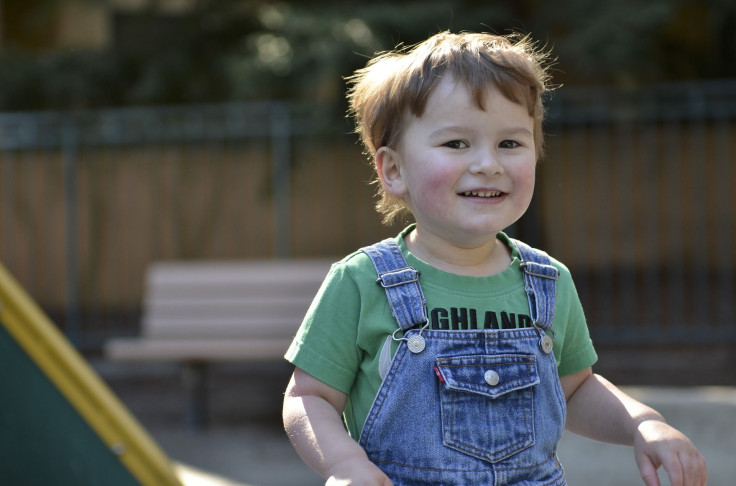Breakthough: Cerebrospinal Fluid Levels Of This Hormone During Infancy Predicts Future Autism Diagnosis

KEY POINTS
- Early intervention can have lasting benefits for children diagnosed with autism
- The hormone Vasopressin plays an important role in autism
- Measuring the vasopressin levels in CSF of infants can predict future autism diagnosis
A biological marker in infants that can predict autism has been identified in a small study led by the researchers at the Stanford School of Medicine. The researchers suggested that the cerebrospinal fluid levels of the hormone vasopressin can determine if a child will go on to develop the neurodevelopmental disorder.
The study:
Amongst the 33 individuals who took part in the study, the hormone vasopressin was present at lower levels during infancy in the cerebrospinal fluid among those who were diagnosed with autism later in life. The cerebrospinal fluid (CSF) surrounds the brain and spinal cord and protects them from shock.
Although neurodevelopmental disorders including autism can be diagnosed from behavioral symptoms exhibited by children around 2 years of age, some children aren’t diagnosed until they turn 4 or later. This can cause children to miss the benefits of early treatment. If only the condition is identified at an early stage, kids with autism can be benefited greatly.
“When young children aren’t appropriately processing basic social stimuli early in life, it puts their brains on a different developmental trajectory. If we could identify these children earlier, we could intervene earlier,” Stanford Medicine News Center quoted Karen Parker, Ph.D., associate professor of psychiatry and behavioral sciences.
Autism is a developmental disorder characterized by repetitive behavior, impaired social skills, and restricted interests. Vasopressin is a protein hormone that is responsible for social behavior in male mammals including fathering, pair-bonding, and plays a vital role in autism.
In their previous study, the researchers found that the levels of the hormone in CSF are lower in children and teens diagnosed with autism compared to those without the disorder. They also demonstrated that people with the lowest CSF vasopressin levels had the most severe symptoms of autism.
They had also demonstrated that administering the hormone vasopressin to kids diagnosed with autism can help improve their social skills.
The present study was conducted using a rare archive of cerebrospinal fluid samples collected from infants during routine medical care. Upon matching over 900 CSF samples to medical records, the researchers identified around 11 infants who were later diagnosed with autism. All of them had significantly lower CSF vasopressin levels. Their findings suggested that individual vasopressin levels accurately predicted which child would, later on, develop autism.
© Copyright IBTimes 2025. All rights reserved.






















